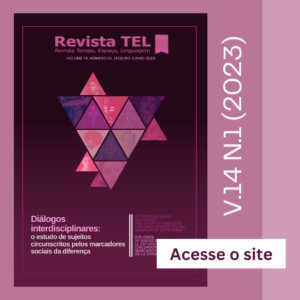Spaces of experiences and power relations
This line is characterized by the investigation of practices of power from a perspective that conceives regions as experienced spaces. The focus is on the conflictual relationships placed by and for the subjects (tactical and/or strategic) challenging, mobilizing and/or confirming macro and micro political powers, practices and knowledge of any order. It aims to investigate institutional knowledge and practices, norms and forms of conduct engendered by public power and other institutions such as churches, brotherhoods, schools, universities, unions, clubs, and corporations. It brings together research on various groups linked to ethnicities, immigration and migration, religiosity, ways of relating to the land, reports upon space, experiences produced by scientific and non-scientific cultures, rurality and urbanity. Particular interest is applied to the knowledge developed by traditional groups and populations (caboclos, caiçaras, faxinalenses, natives, quilombolas, riverine peoples, rubber tappers, fishermen, jangadeiros and others) as well as the narratives used by such groups, including ordinary knowledge that are components, producers, and products of the singularities of regions.
Professors
- Ana Maria Rufino Gillies
- Ancelmo Schörner
- Beatriz Anselmo Olinto
- Geyso Dongley Germinari
- Helio Sochodolak
- Jose Adilçon Campigoto
- Jose Miguel Arias Neto
- Nadia Maria Guariza
- Oséias de Oliveira
Symbolic spaces, environment, and corporaties
This line of research brings together investigations on socio-cultural practices that create regions. Regions are conceived as symbolic spaces, considered as practices/experiences, performances, and historical and social constructions produced in and by ordinary, literary, juridical and scientific narratives, among others, as well as in/by those that permeate social memories. Symbolic spaces can be perceived in writings of history, memories, travel accounts, in the media, the sciences, the arts, and in the plurality of cultures, discursive practices and non-discursive identifications (gestures and movements, like eating, drinking, ways of death, falling ill, sensations and feelings, rituals, and social codes). In this way, this research line also brings together studies on the body, spaces of knowledge, gender relations, diversity, education, health and constitution of diseases, among others. It also investigates the relation of the collectives (environments) of humans and nonhumans, meaning environment as the synthesis of the natural and constructed dimensions of the material world. Studies of identities, territorialities, historical agents and social subjects are also of particular interest.
Professors
- Ariane Carla Pereira Fernandes
- Jo Klanovicz
- Nadia Maria Guariza
- Rosemeri Moreira
- Vanderlei Sebastiao de Souza

